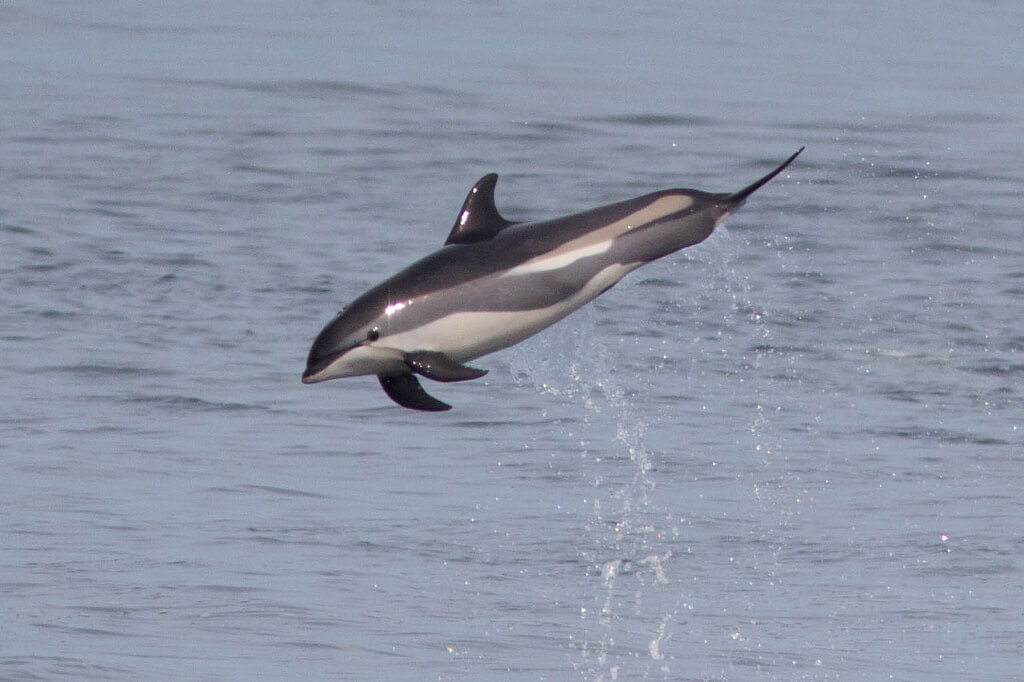A Hunted Species: what we really know about Atlantic white-sided dolphins
When the news broke that hunters in the Faroe Islands had driven more than 1,400 Atlantic white-sided dolphins to their deaths on September 12th last year in a single hunt, cries of concern, disbelief and horror rang out from all over the world. OceanCare responded by both publicly voicing its deep regret and also reaching out to decision-makers across Europe demanding consequences with a view to ending this ongoing and appalling slaughter.
We looked at the information available about Atlantic white-sided dolphins and discovered that this offshore species remains very poorly understood. So, we asked an independent scientist, Susannah Calderan, who is affiliated to the Scottish Association for Marine Science (SAMS), to prepare an evaluation of the current knowledge for us and, today, we launch this report publicly by publishing it on our website.
This report has also been sent to the relevant authorities in Europe and in the Faroe Islands. At the time of writing, there is a government review of the dolphin hunt ongoing in the islands following concerns raised there by many residents who were upset by the scale and poor management of the September dolphin killing.
The authorities in the Faroes Islands make strong claims about the sustainability of their whale and dolphin killing. However, as the report and the scientific information that it reviews clearly show, there are no reliable population estimates for Atlantic white-sided dolphins and their population structure is also unclear. What this means is that, in addition to the fact that such hunts should be halted for ethical reasons, there is also no scientific justification for claims that any removal rate is sustainable. The precautionary principle should be strictly applied.
Additionally, there is evidence that this species may be particularly vulnerable to human-caused factors, including climate change. Clearly, we should not be killing them, but instead we should be working together across their entire North Atlantic range to better protect them. The European Union and other European nations are focused on trying to conserve all the region’s whales, dolphins and porpoises, with national and EU laws underpinning this. The drive hunts of dolphins and small whales that continue in the Faroe Islands make a nonsense of these efforts.
The cruelty inherent in the drive hunts was outside of the scope of this report but more information about the scale of hunts and methods used can be found in our recent report Under Pressure.
For all these reasons, OceanCare hopes that the Faroe islanders will reassess their relationship with these animals and stop the killing.
We hope that you find this new report informative and express our thanks to its author Susannah Calderan for her work.
